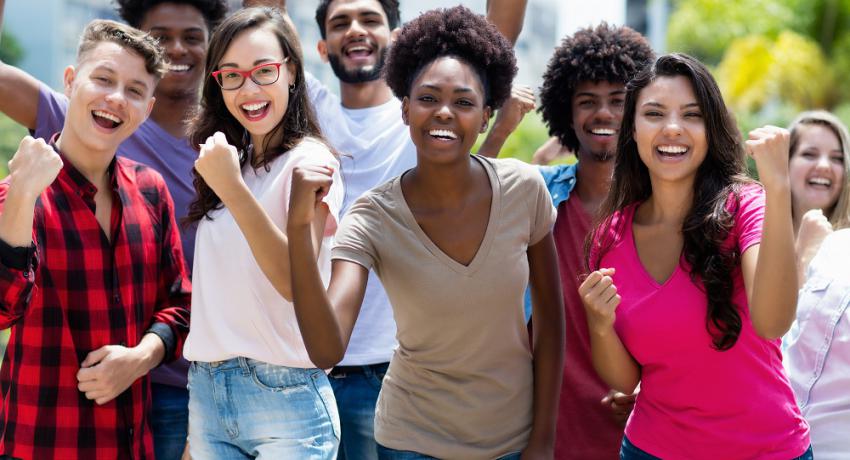President Biden recently proclaimed October as National Youth Justice Action Month – a time to raise awareness, seek justice for our youth, and modernize the juvenile justice system. His declaration calls upon states, communities, and the federal government “to give all of our young people a chance to live up to their full potential,” especially those who have been “sidelined by unnecessary encounters with the justice system.”
Nationwide, Black youth come into contact with both the juvenile justice and the child welfare systems at far higher rates than their white peers. The overrepresentation of youth and young adults of color in the juvenile justice system is the result of the many inequities that impact BIPOC (Black, Indigenous, and People of Color) communities, such as food and housing insecurity, under-funded schools, disciplinary policies, and over-policing. Young people who end up in the juvenile justice system are often acting out of survival or coping with the traumatic and toxic stress in their environment.
As part of DCYF’s Strategic and Racial Equity Plan, one of the agency’s key priorities is to eliminate racial disproportionalities, advance racial equity, and successfully transition the young people in our care into adulthood. A successful transition prepares youth for independence through education, employment, life skills, strong relationships, and more – resources that many BIPOC youth in the community don’t always have access to. Below are a few examples of the work DCYF is doing in Juvenile Rehabilitation (JR) to close that gap and set youth up for success as they reenter their communities:
- New Health & Wellness Training in JR
- Gender-Responsive Treatment in JR
- Echo Glen Partners with Yoga Behind Bars
- Gov. Inslee Hears from DCYF on Behavioral Health
- Naselle Youth Camp Receives PbS Award
- Advancing Racial and Social Justice in Least-Restrictive Settings
- DCYF Partners with ANEW to Create Job Training for JR Youth
- Echo Glen Garden Program Provides Nourishing Education
- DCYF Partners with Credible Messenger Justice Center
Every young person deserves access to the education, skills, opportunities, and connections they need to thrive and be successful – especially the young people who are disproportionately represented in the juvenile justice system.

